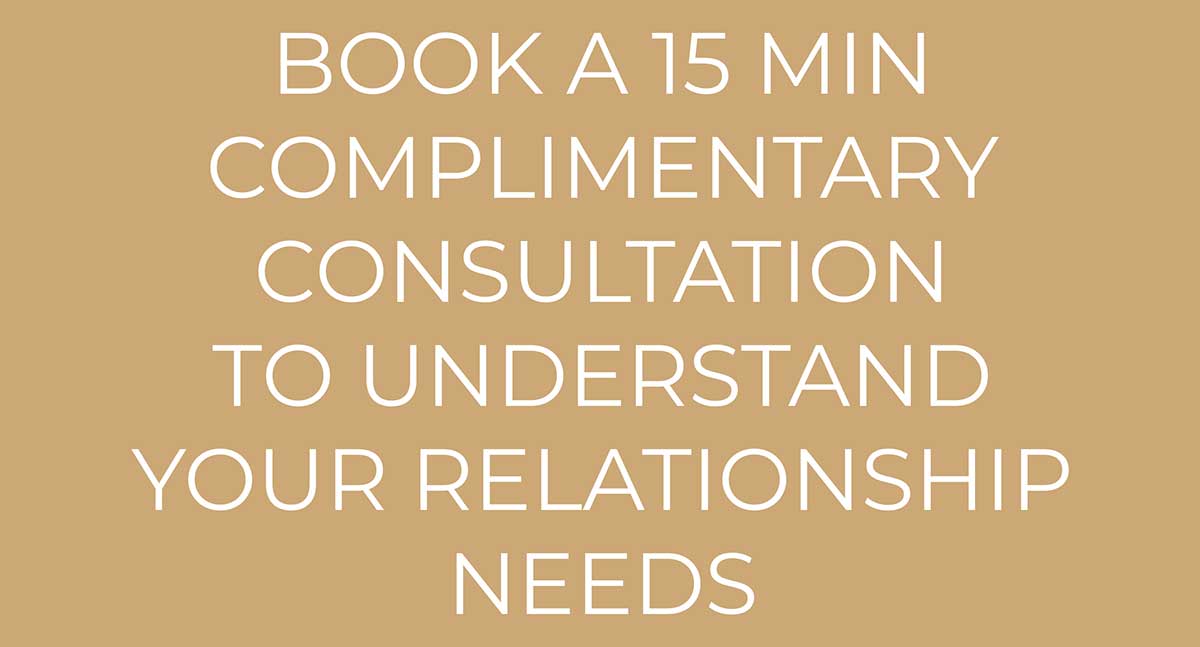
Intersubjectivity has become a topic of considerable interest among psychoanalysts, psychologists, therapists and advanced professional coaches. In its most basic sense the term intersubjectivity refers to the interaction between two subjects: self and other. It is mostly used in a therapist-client or coach-client context but is particularly useful to look at when working with couples in a loving relationship because all couples bring intersubjectivity or another word would be their dynamic to the work. Their intersubjective experience or dynamic consists of: strengths, vulnerabilities, stories, wounds, and often attachment-based issues that get played out in their loving relationship.
The sharing of intersubjective experience between two people is what creates their social meaning, connection and love. Often couples get triggered by and cannot navigate this experience and work through it by themselves. They get stuck at what I call the power struggle.
Indeed too, relating to one another in a loving relationship is as an experience whereby our own behavior, the multiple aspects of it, are partly invisible to us. This is where we can help couples at Loves Hidden Policy to navigate, develop and succeed. We take a different approach to loving relationships…
You can develop new relationship skills in a loving relationship. You can develop greater levels of relationship intelligence. You can develop new ways of understanding yourself and your partner. You can develop new ways of relating to one another. We know couples can master their loving relationship by mastering themselves.
Relationship Intelligence is not commonly talked about today but it needs to become a topic of conversation globally, in every corner of the world. Conversations commonly consist of personal stories or ‘this person did this or said that’. As a race we need to become more conscious of what’s going on inside of us and relate to that and share that, and using our own personal power to make a difference in life, rather than over using the rational mind to focus on and describe others. Because everyone is a person with: strengths, vulnerabilities, stories, wounds and often attachment-based issues trying to navigate their way through life. Attachment-based issues are currently common as we need a much greater understanding in how our own issues and parenting with these issues, affects children. But we can grow, we can learn from our mistakes, we can develop new skills and improve. This is coaching.
Where are you at, in terms of developing your Relationship Intelligence?



